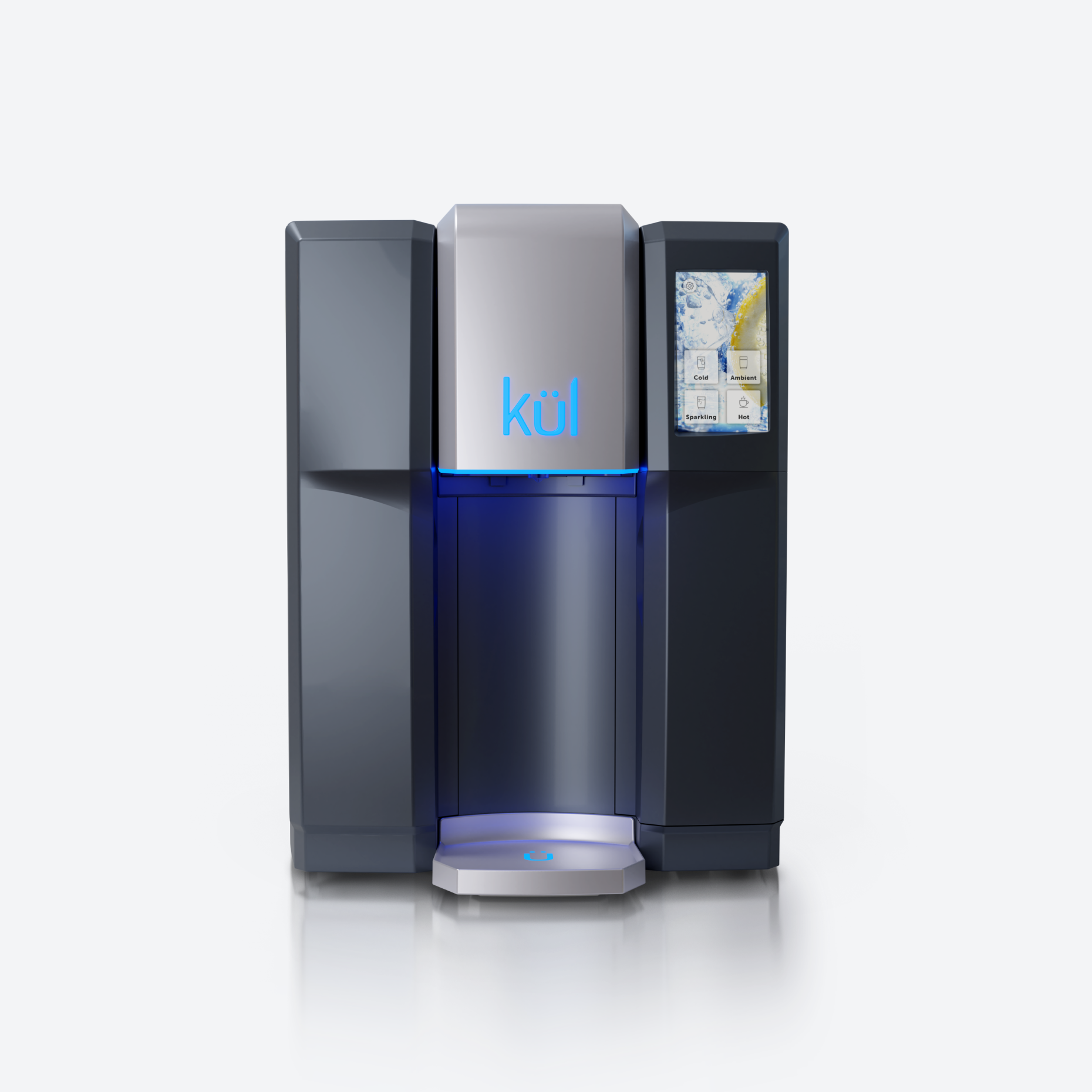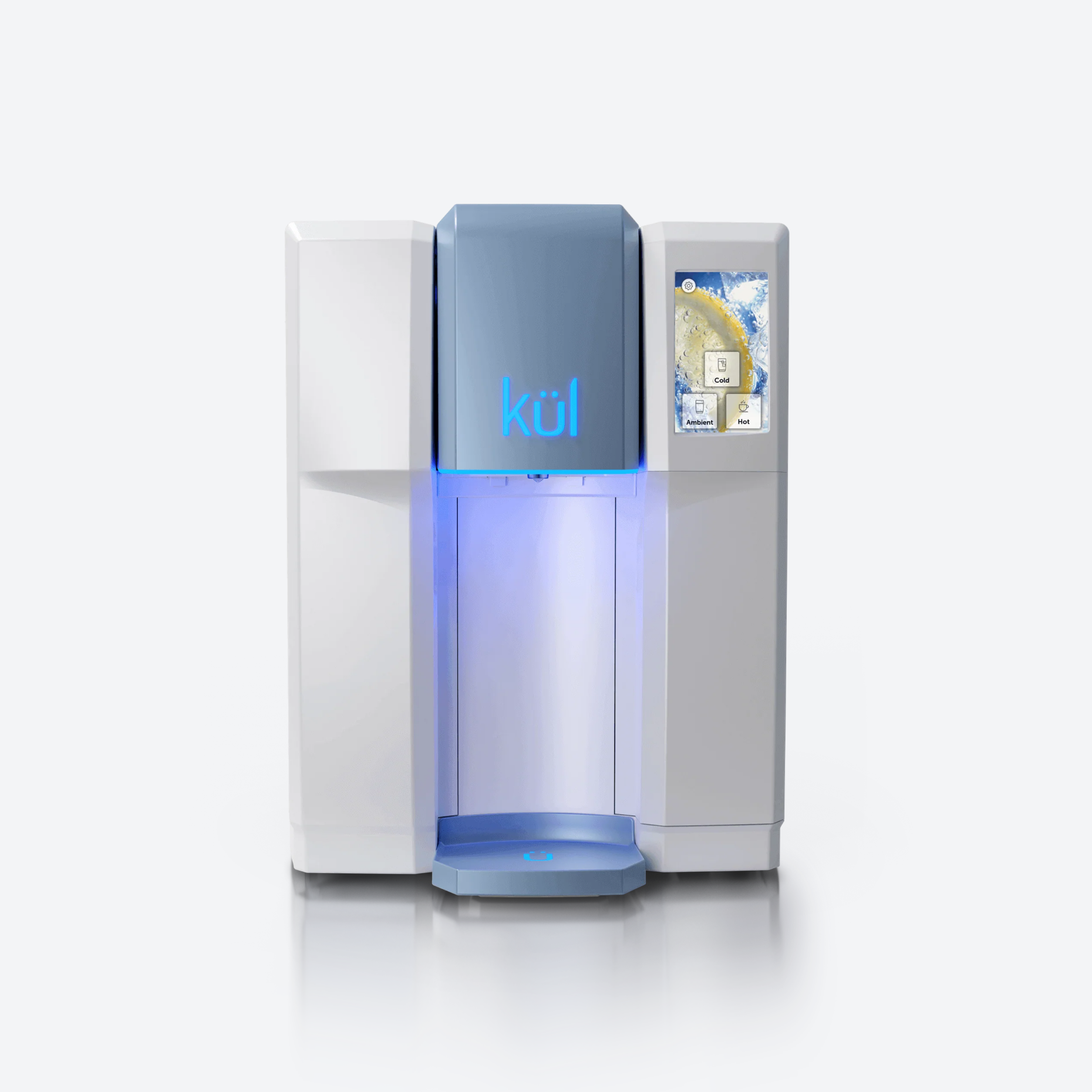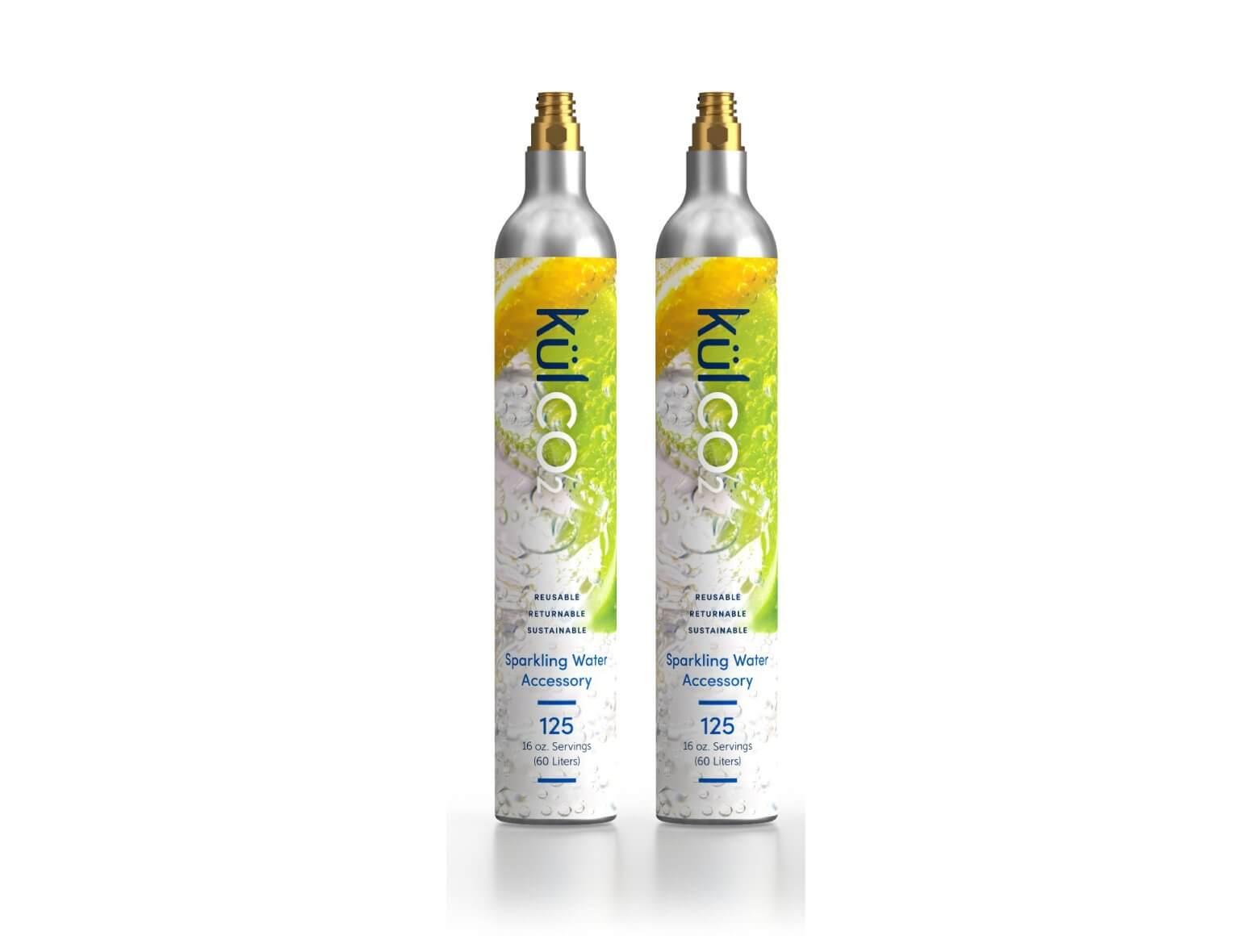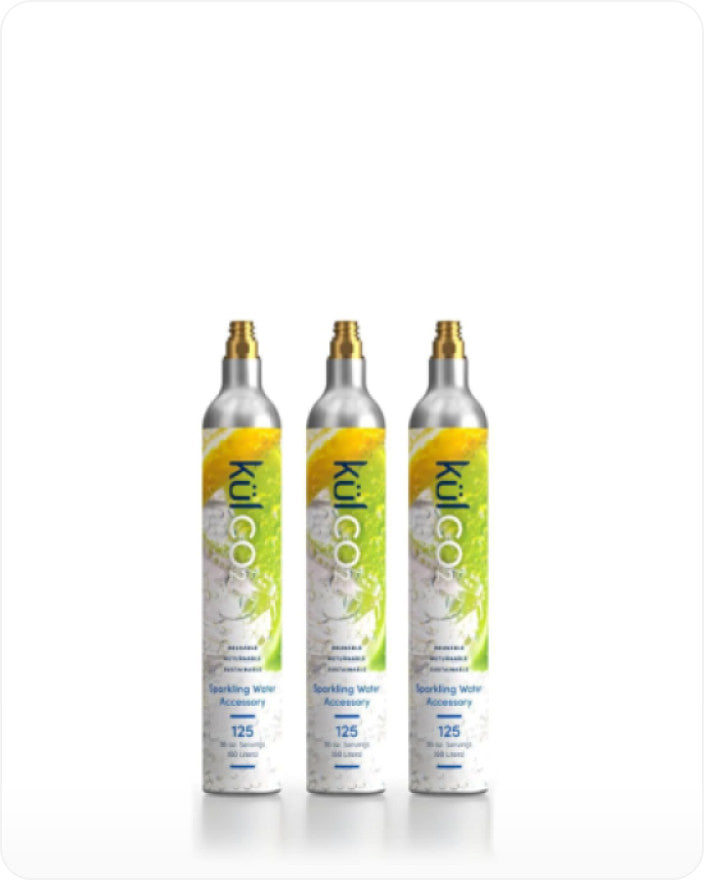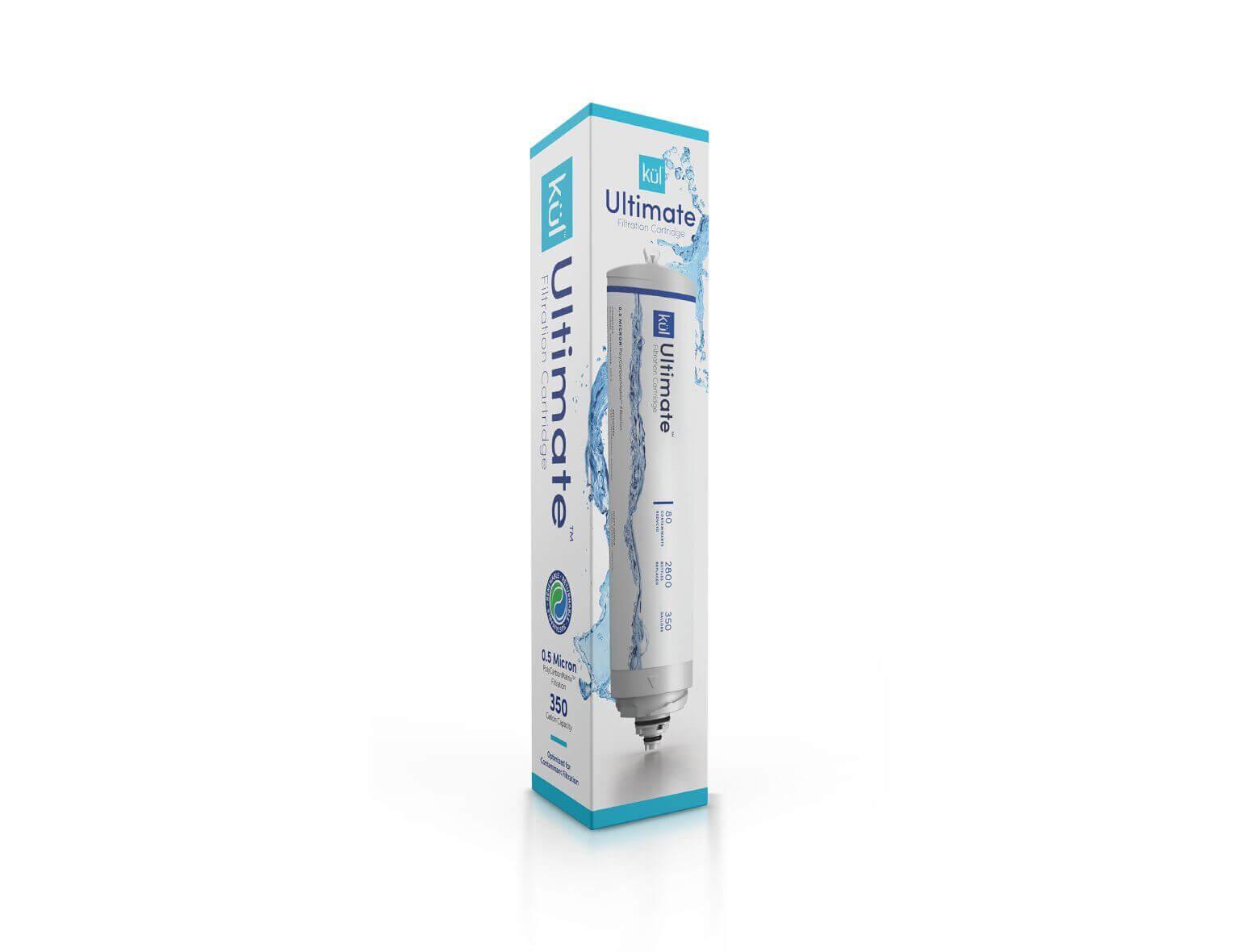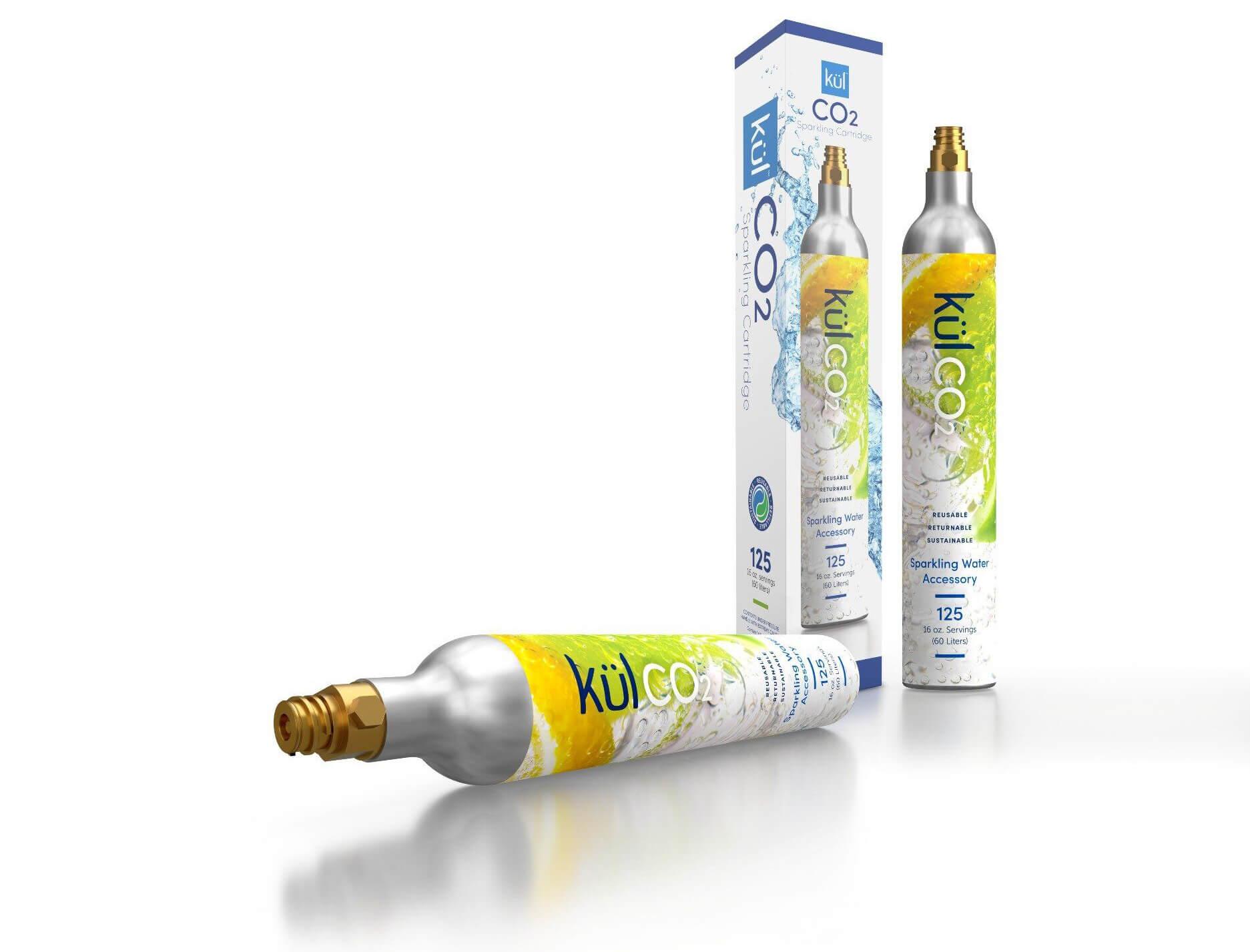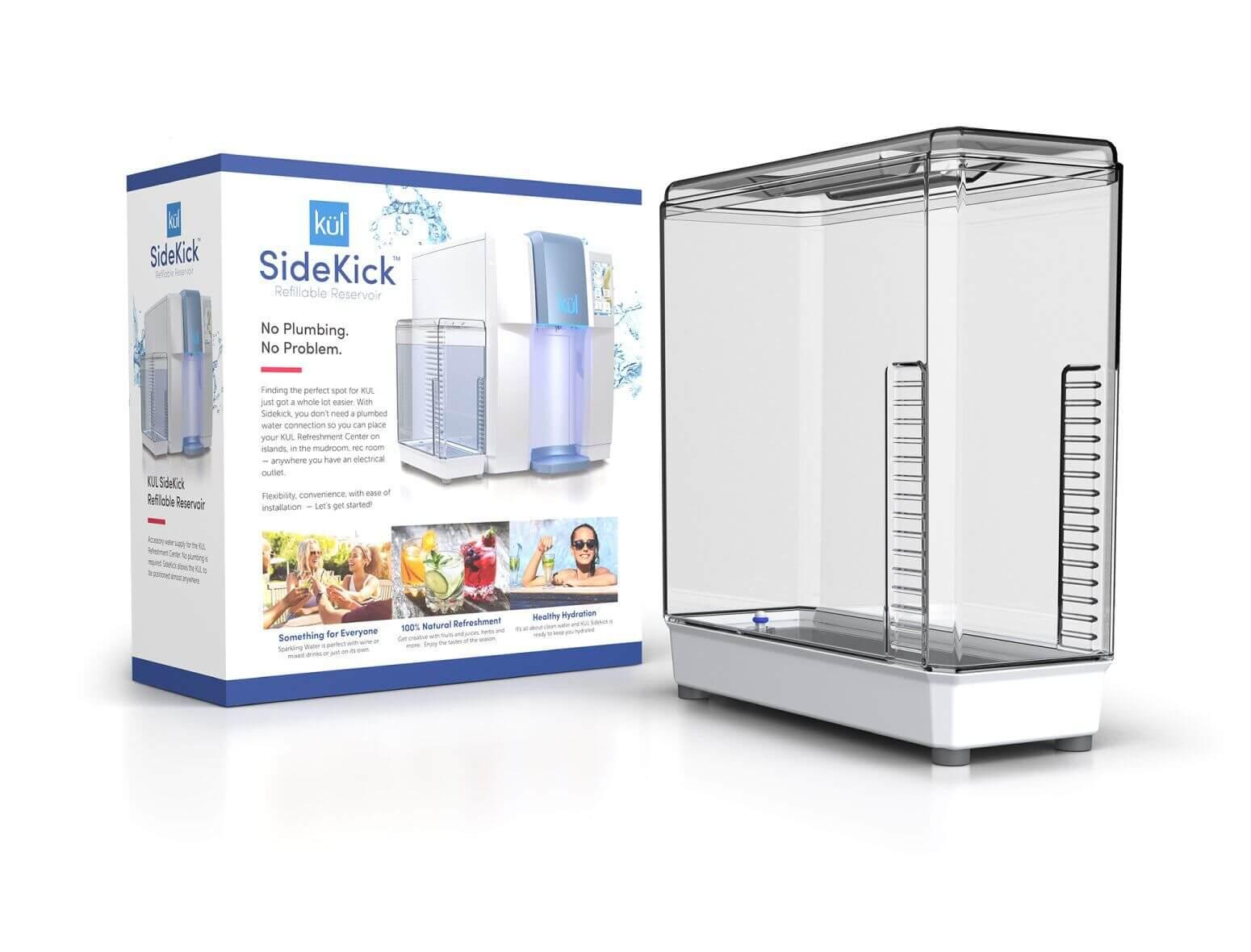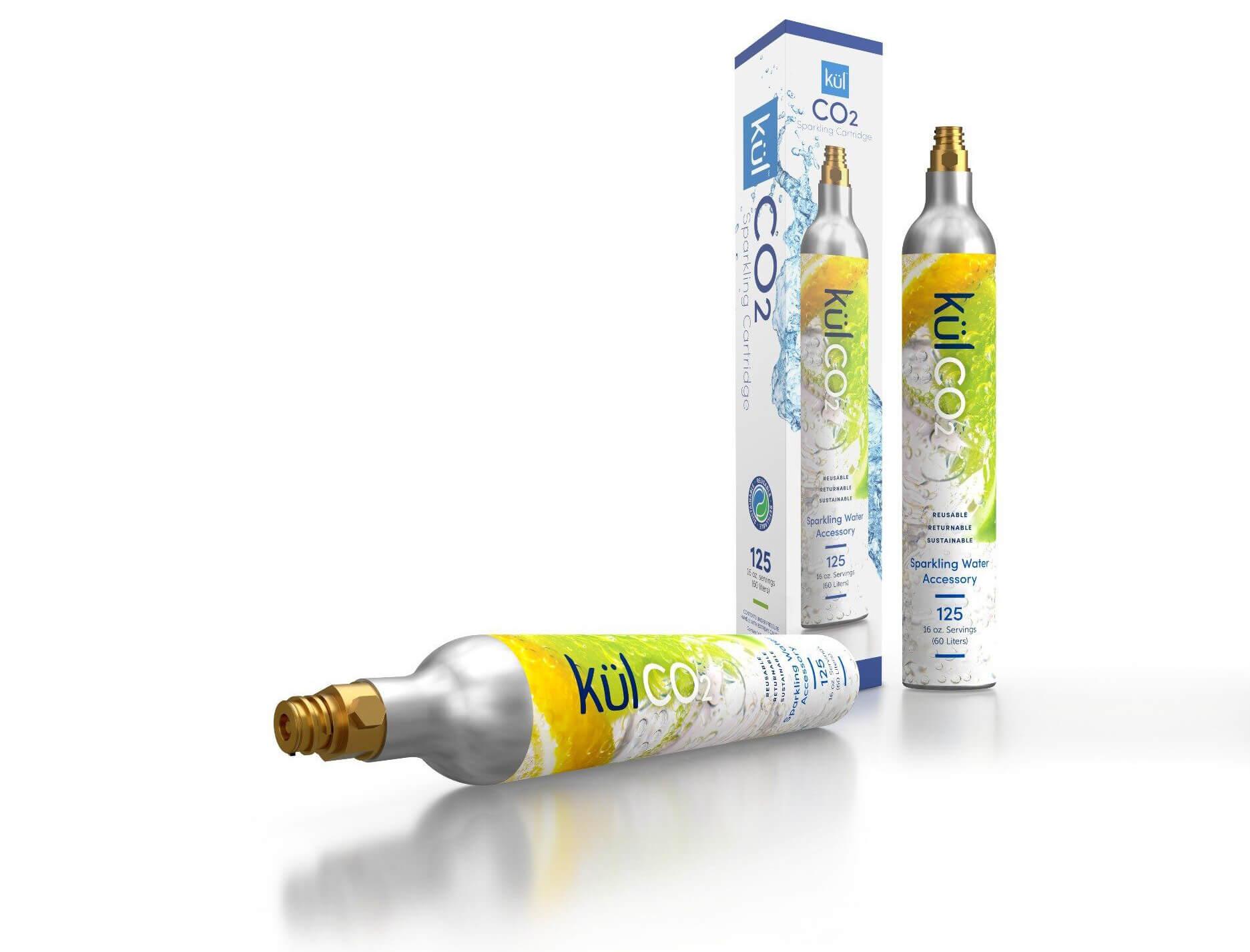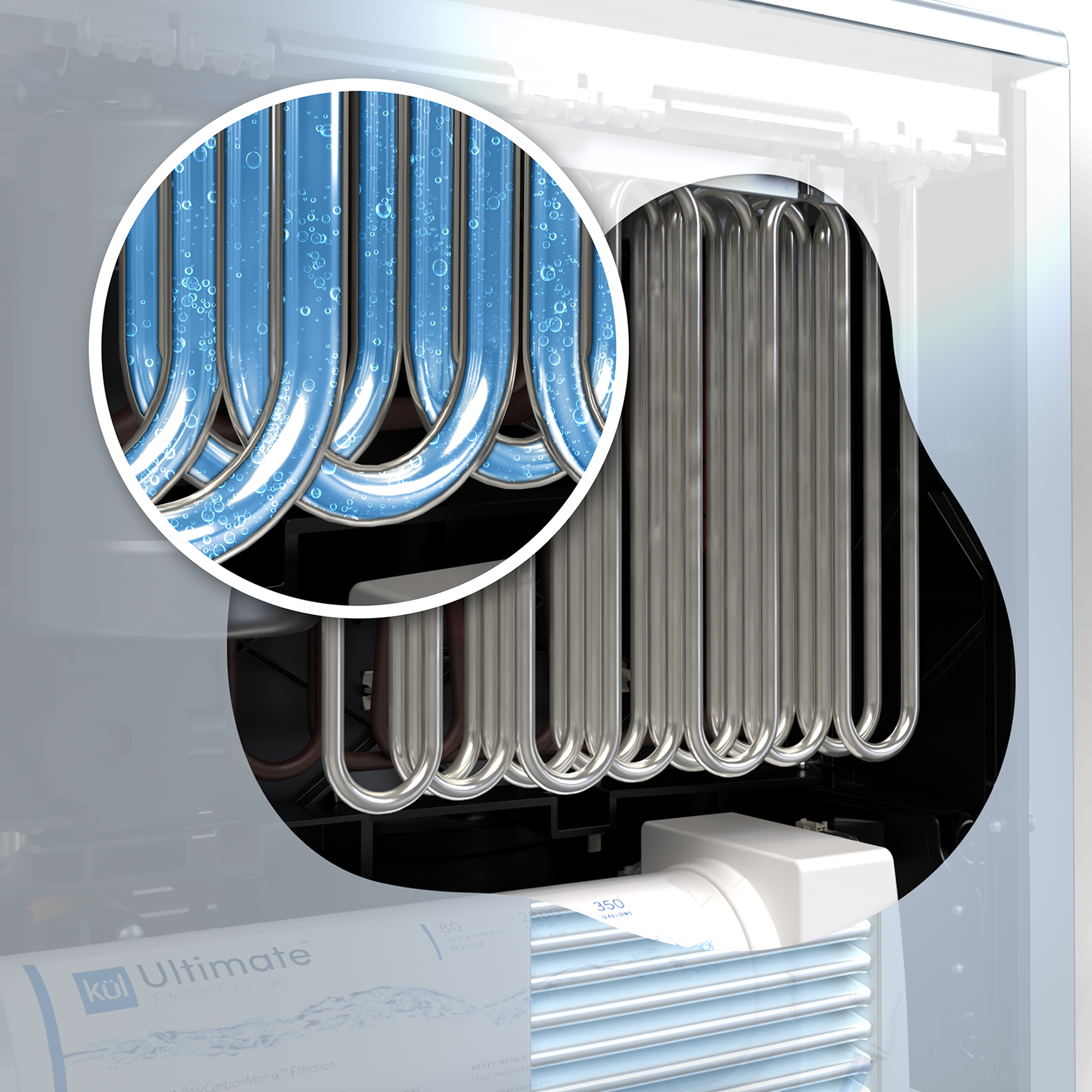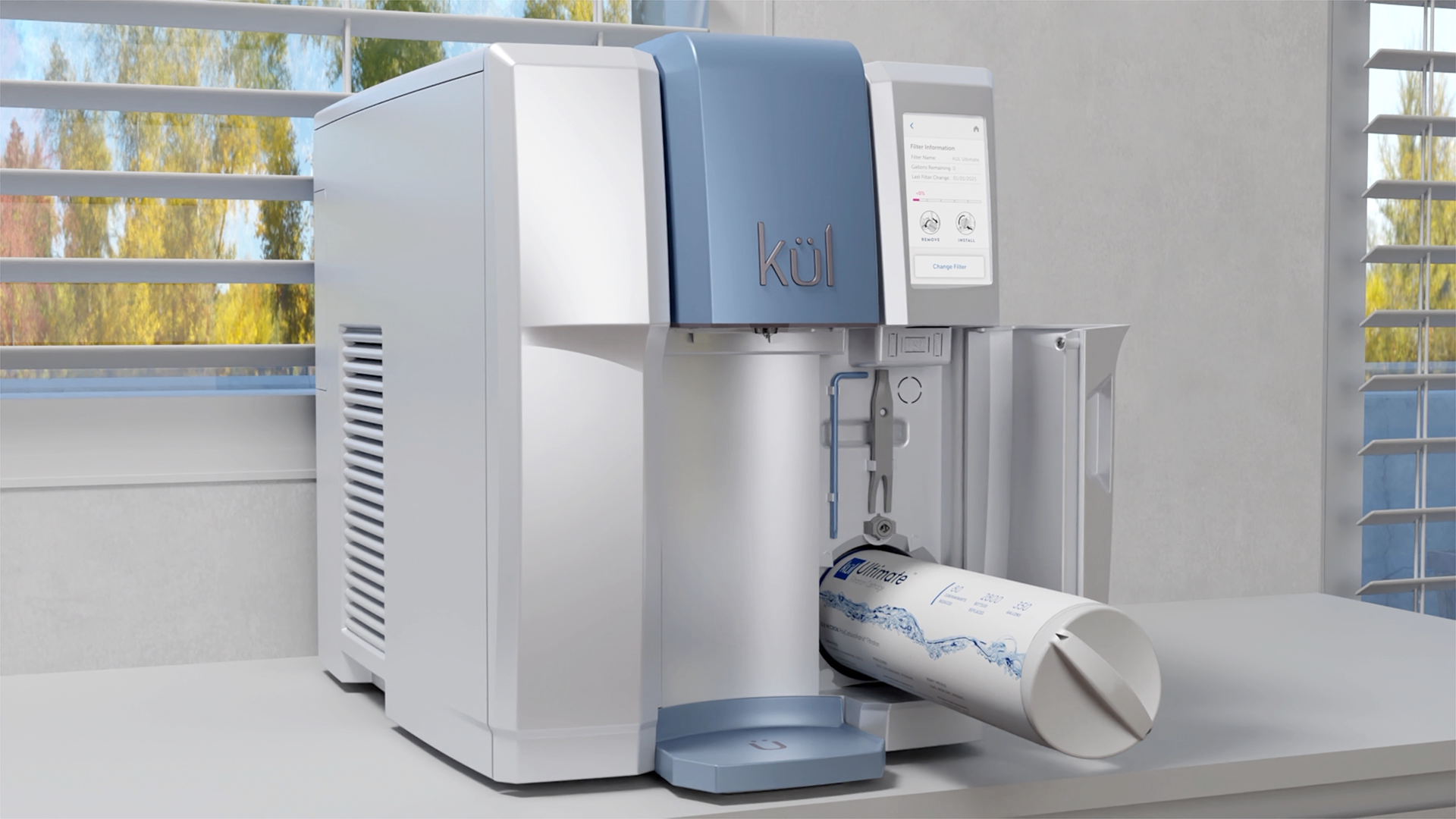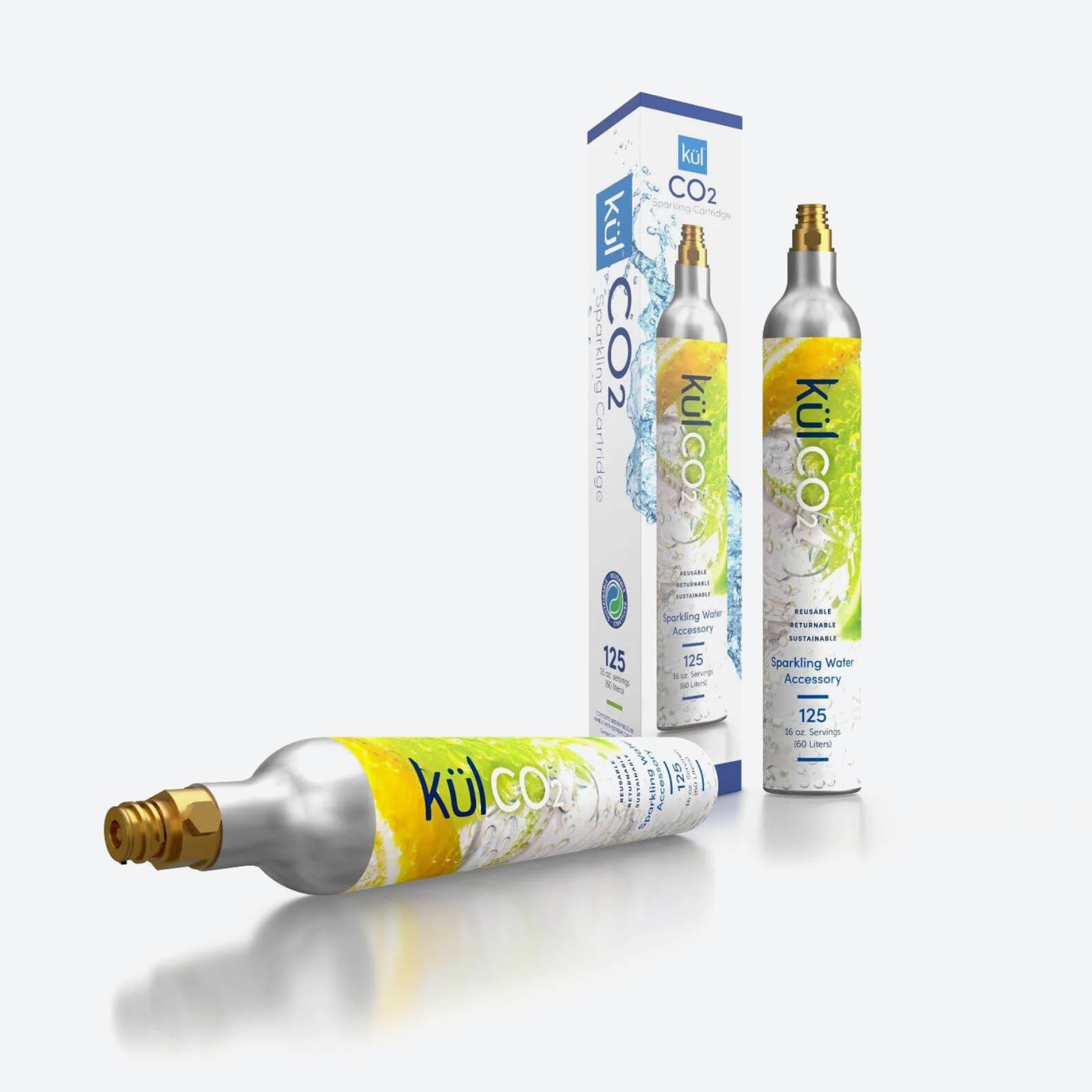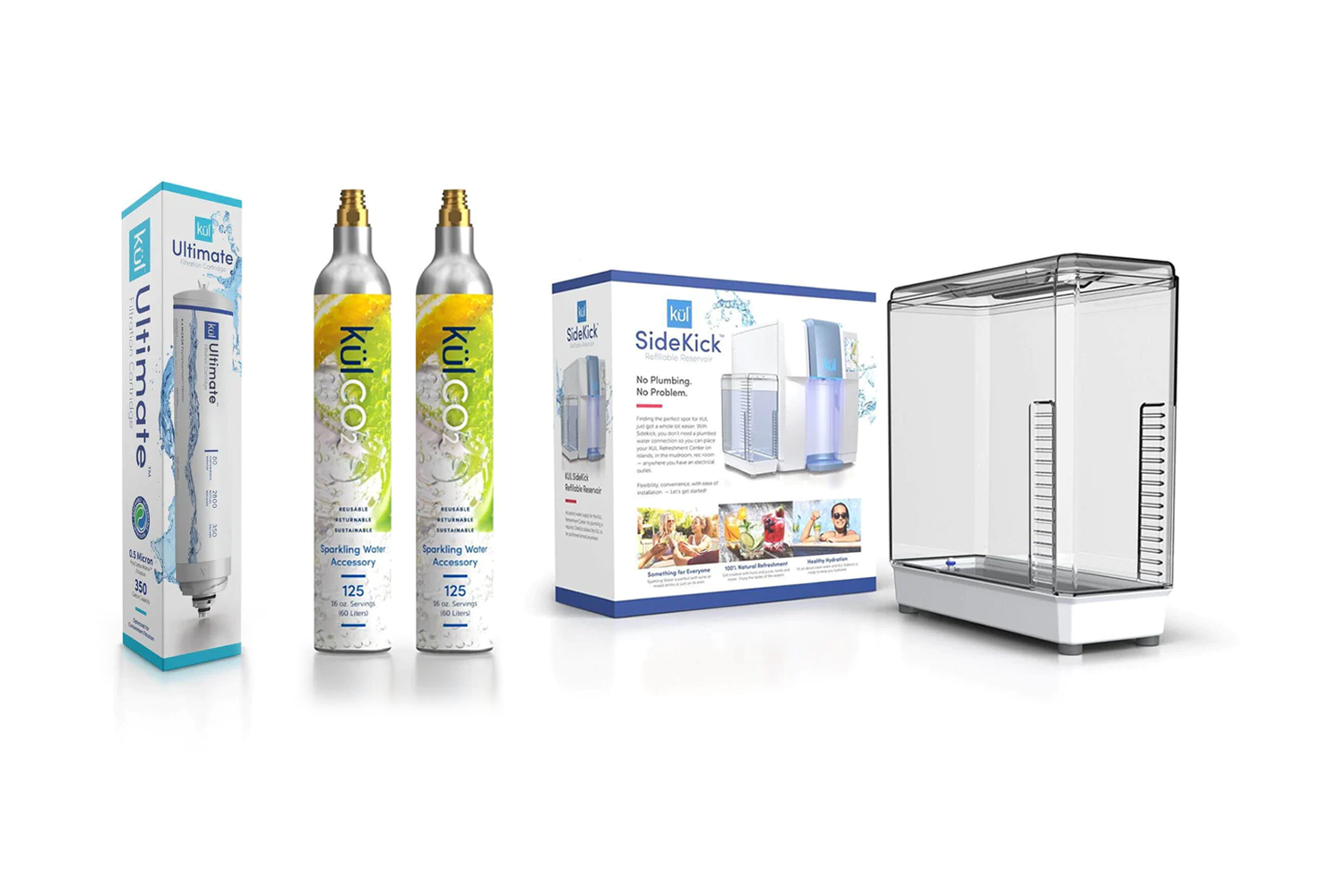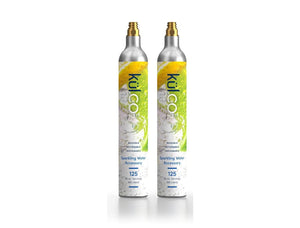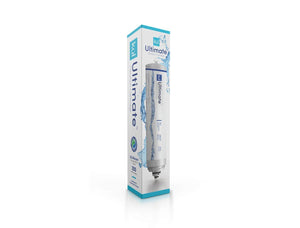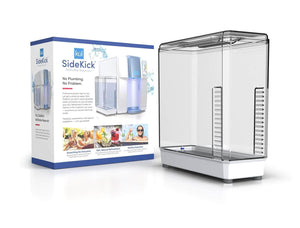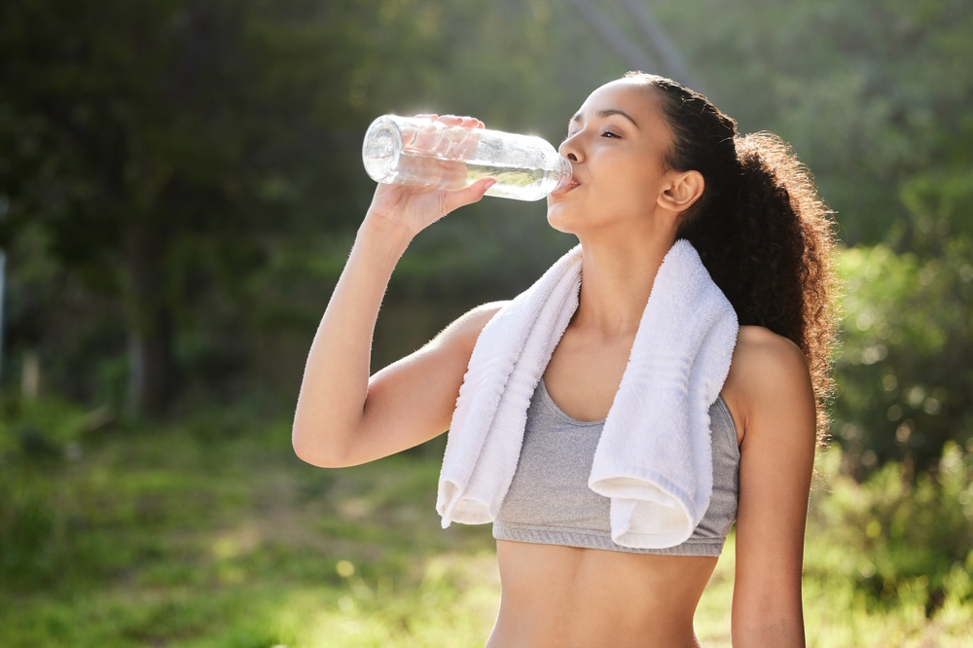In the quest to lose weight, many people overlook one of the simplest and most effective tools in their arsenal: water.
While fad diets, supplements, and complex exercise regimens dominate the conversation, the role of water in weight management is often underestimated.
Beyond quenching thirst, water is essential for life and a powerful ally in achieving a healthier weight.
How Water Supports Weight Loss
The Science Behind Water and Weight Loss
Water plays a key role in metabolism, appetite regulation, and the efficient functioning of bodily processes. Proper hydration can:
- Boost metabolism: Water helps your body burn more calories by heating it to body temperature after consumption.
- Promote fullness: Drinking water before meals reduces overeating by promoting a feeling of satiety.
- Aid fat oxidation: Staying hydrated improves your body’s ability to break down and use stored fat for energy.
Hydrolysis and Metabolism
Hydrolysis is the process by which water helps break down nutrients like carbohydrates, proteins, and fats. This is critical for energy production and weight loss, as fat breakdown (lipolysis) relies on water to release fatty acids and glycerol for energy.
Timing Water Consumption for Optimal Results
Strategic Hydration Tips
Timing your water intake can maximize its weight-loss benefits:
- Morning: Start the day with water to rehydrate after sleep.
- Before Meals: Drinking water before meals promotes fullness and reduces calorie intake.
- During Exercise: Stay hydrated to optimize performance and recovery.
- Throughout the Day: Carry a reusable water bottle and make hydration a regular habit.
Replacing Sugary Beverages
Switching from calorie-laden drinks (sodas, juices) to water can drastically reduce your daily calorie intake. According to the NIH, replacing diet beverages with water has been shown to enhance weight loss.
How Much Water Should You Drink?
The amount varies based on factors like BMI, activity level, and diet.
General guidelines suggest:
- Women: 91 ounces (about 11 cups) per day.
-
Men: 125 ounces (about 15.5 cups) per day.
This includes water from food, so adjust accordingly. Listen to your body and drink when you feel thirsty.
Additional Factors to Consider
Pre-Meal Hydration
Drinking water before meals can reduce calorie intake by promoting fullness, helping you avoid overeating.
Water Temperature and Weight Loss
While drinking cold water may slightly increase calorie burning, the effect is minimal. Focus on drinking enough water, regardless of temperature.
Water and Exercise
Hydration is essential for:
- Performance: Regulates body temperature, lubricates joints, and transports nutrients to muscles.
- Recovery: Aids in muscle repair and reduces cramps and fatigue after workouts.
By prioritizing hydration and incorporating these strategies into your routine—such as using a countertop water dispenser for convenient access to fresh water—you can unlock water's potential as a simple, effective tool for weight loss and overall health.
